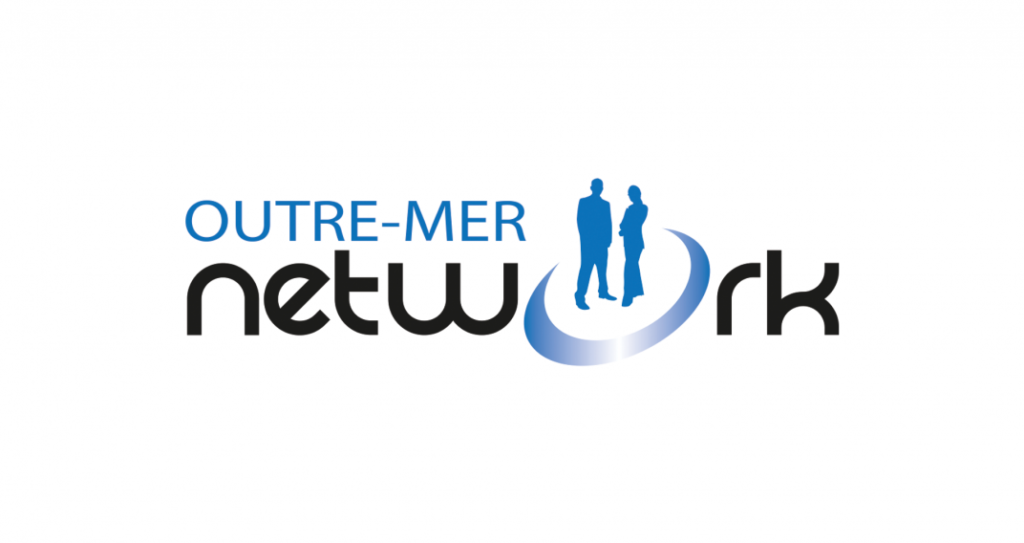Daniel Hersio (Outre-Mer Network): “We try to do what we call the hummingbird’s share. It is modest, but we try to do it at our level.
Connecting overseas companies, making them known and enabling them to develop in France and internationally, this is a task to which Outre-Mer Network and its founder Daniel Hersio have been dedicated for 10 years, following the general strike in the French Caribbean at the beginning of 2009, supporting overseas entrepreneurs in their quest for a viable development of their business and a recognition of local know-how Interview.
Feat-Y: Could you tell us what Outre-Mer Network is and how long it has existed?
Daniel Hersio: Outre-Mer Network is an association under the law of 1901 which was formed in 2010, legally, but which has been active since 2009, after the famous social movements that took place throughout the Overseas Territories, in order to bring together, federate, and network entrepreneurs of Overseas origin or who have a vocation to have activities in Overseas France.
Feat-Y: As you raise the context of the social movements of January-February 2009 in Overseas France, does that mean that it seemed crucial to you to put forward the Overseas know-how?
D.H: If we recall the context of 2009, there was a serious social crisis in Overseas France, starting with the problem of the high cost of living, which quickly turned into a denunciation of the economic inequalities in place. It could have degenerated into a serious civil problem, especially in Guadeloupe, even if the conflict started in French Guiana and Reunion. We had the opportunity to see the serious gap that existed between the population and the notions of economy. Moreover, the only economic actors who have taken up the cause are those who were locking up or holding oligopolistic positions in these territories. It seemed important to us to do a small, modest, but valuable work. It was to show that entrepreneurs in overseas territories do exist. That they are not all big families or people with great means. I remind you that the entrepreneurial fabric in Overseas France is 95% VSEs. We never see these people, even though they also create jobs. We started with that. And in France, in order to do some useful communication, we took the angle of talking about Overseas France in terms of innovation. Otherwise, we would only talk about overseas when there are societal or environmental problems or when there is a cyclone. We started, with our friend Michel Picot, with his program on BFM radio at the time, with a special program on Overseas. That’s how it started.
Feat-Y: What does your association propose?
D.H: First of all, we do what any business network does. Networking to allow people to exchange business cards and meet each other. We did this for the first five-six years. After that, we gave way to the youth to do something else now. Consulting, skills mentoring, training. We set up a training program in partnership with HEC, with a great man who is Xavier Fontanet, former CEO of Essilor, partner of the Boston Consulting Group. We have trained about 1,200 entrepreneurs in seven years. We offer financing solutions to complement the banks, with a number of partner investment funds. We have been doing a lot of work for several years, which has resulted in an event that has become a must-attend overseas with BPI France. We work a lot on disclosure, promotion of the country’s products, but also the way entrepreneurs can use them. As I said, the promotion by the media with the show on BFM, then we had for five years our own radio show on Tropiques FM, in order to popularize and disseminate the notion of entrepreneurship for everyone. And then this Overseas Innovations competition, which is now an incubation and acceleration platform located at Station F, one of the largest start-up campuses in the world, which allows us to host the most innovative companies from just about everywhere in the overseas territories.
Feat-Y: What is the proportion of projects supported by Outre-Mer Network that have been able to develop economically?
D.H: Very good question! 1,200 entrepreneurs have been trained. Through this training, the projects that we have advised, or even co-financed, are more like 800. Then, the projects that are sustainable today, I would say that 70% of the projects advised are still in activity today. I would remind you that the mortality rate of businesses over three years old is five times higher in the French Overseas Territories than in France. This is the beginning of a concrete response. We were then able to transform the trial, unfortunately for very little. We have 3 to 4%, at most, of very small businesses or start-ups that have finally gone to scale. Either because they managed to raise funds. Or because they have developed other branches and have left their territory to go either to other overseas territories, or to France or abroad. Finally, we have two or three great international success stories, such as Genymobile, which is one of the leaders in Europe in Android emulation, based in Paris, San Francisco and Lyon. I could also mention Labnoo, which is now headed by José-Jacques Gustave, who is in South Africa and Rwanda. Or Torskal, which is now a Franco-Chinese company, which develops products related to nanotechnologies and anti-cancer treatments. Wello, which just made a big splash in Las Vegas, at the last CES show in Las Vegas. We have a number of companies that are currently developing. It took a long time and it corresponds to approximately 7,000 jobs preserved overseas.
Feat-Y: Your association targets primarily ultra-marine entrepreneurs. Is it primarily in the French Caribbean?
D.H: It covers all the overseas territories. Of course, the French West Indies, Reunion Island, which is the most dynamic territory in terms of innovation. There is Polynesia. We’re getting to Saint-Pierre-et-Miquelon. Slowly, but we are getting there. We have not yet reached New Caledonia, but it will be soon. The two regions that we helped obtain the French Tech label, when Axelle Lemaire was Minister of Digital Affairs, are Reunion and Polynesia.
Feat-Y: Can ultra-marines from the southern hemisphere (Reunion, Mayotte, New Caledonia, Wallis and Futuna, French Polynesia) be supported by Outre-Mer Network?
D.H: Yes. I just mentioned it. You made me think that I forgot to mention Mayotte, because for two years now, we’ve been running the Made in Mayotte special at Station F, in partnership with our partners from Adim, the Mayotte innovation agency. We’ve had people from Wallis and Futuna here several times. We would be very happy to work with them. Things are done at their own speed. We are patient. We don’t work to establish ourselves. It was our mistake to do it like that for the first three years. We were trying to get a certain number of members. At one point we went up to 3,200 members. We realized that it was useless. That’s not how we were going to be productive. So, every time we set up a business, we do it with a local partner, an incubator, a gas pedal, an industrialist. In short, an ecosystem. Whether in the French overseas territories or abroad. In Africa, the United States, Asia. Each time, we want to work with an ecosystem or a partner that has a local network.
Feat-Y: What goals have you set for the year 2020, or even for the whole decade?
D.H: The decade is a long way off! I don’t intend to look that far ahead. We will try to continue to be a transmission belt for the new generation. This year, our ambition is to carry the Overseas pavilion to Viva Tech. We announced it last year. It is in the pipeline. We want to accelerate the annual fundraising for our members. We want to accelerate the growth and development of the companies that we follow, hoping that they will be able to grow in volume and grow even faster. And above all, we want to accompany these movements of funds which, in my opinion, should be promising for future years, and on which we campaigned a lot at the time with certain players who have now found their market, I think. Both the overseas territories as a laboratory for experimentation on the circular economy. But also the rise of the blue gold, everything related to the maritime flow, marine energy, all the potential of the blue economy.
Feat-Y: What convinced you to found Outre-Mer Network?
D.H: I talked about it a bit at the beginning. We were formed after the 2009 strikes. In 2009, people in France did not realize that we were not far from a serious crisis in overseas France. In Guadeloupe, Martinique, Guyana, we are used to it every 10-15 years. It is cyclical! We have not been far from a mini-revolt. Moreover, the Yellow Vests tensions in Reunion were quite hard locally, last year. We said to ourselves that if at some point, we don’t bring out the entrepreneurial culture in young people, to show that entrepreneurs are not all evil capitalists who make a lot of money, who are evil torturers who only serve to terrorize the poor worker, because that was the verbatim in Overseas among many elected officials and perhaps in the collective unconscious. We modestly contributed to make entrepreneurship cool and sexy. All we did was go back to where we were. Our grandparents sold in the marketplace. We’re going back to the basics of what has always been in the end. There was an Opinion Way study that I was very pleased with, five-six years ago. The former interdepartmental delegate, Sophie Élizéon, who had this study done by Opinion Way, was very surprised to see that 66% of young people wanted to become entrepreneurs, whereas a few years earlier, their desire was to be civil servants. I say that we have accompanied this movement in France. We have accompanied this new generation of entrepreneurs. Either they met at our events, or we helped them create their own networks. This is a major trend. Why did we do it? Because it was either that or chaos! We didn’t want this outburst of violence, this anger, some aspects of which we understand, but for us, the answer was entrepreneurial and not the questioning of living together. Otherwise, what happened in Guadeloupe will happen. When everyone has finished shouting, you put down the small entrepreneurs who do not have the possibility to survive because they do not have the necessary cash flow. They get bought out by the very people who are being denounced, and that finally reinforces the system that people are denouncing. We said to ourselves that instead of crying, let’s start by taking charge. To do it in an active way. We try to do what we call the hummingbird part. It is modest, but we try to do it at our level.
Feat-Y: If you were a movie, what would you be?
D.H : Les Tontons Flingueurs ! The quotes are eternal! (Laughter)
Feat-Y: If you were a song, which one would you be?
D.H: Good question. I’m thinking of a rap by Kery James: “the return of French rap”.
Feat-Y : If you were a literary work, which one would it be? What would it be?
D.H: Black Skin, White Masks by Frantz Fanon. For three reasons. An emotional reason, because it was one of my mother’s favorite books. It is a book that has marked, that has accompanied the history of decolonization. As no one is a prophet in his own country, Fanon was treated in a particular way in Martinique, whereas he is a hero in Algeria. He was someone who had worked on the concept of material colonization, but also on colonization and mental decolonization. I think that this is a subject, today, on which some of us are trying to work. He was quite radical. We think that it is rather by being radical in his vision that we will succeed, on the contrary, in reconciling ourselves with the deepest France. What has always amazed me is that the people who have always helped us to set up are people who come from the heart of France. They are not the elites of our territories, nor the thinkers or so-called leaders of our community here or internationally. They are always people, big bosses of the CAC 40, small entrepreneurs who come from Vichy, from Brittany etc. In fact, it is with them that we have forged links and reflections, and with whom we have made progress. And that’s what allowed us to be strong in our territories and in our community. And I think that any community experiences this very often. That’s why Frantz Fanon. In fact, every year, we always start with this phrase from Fanon “each generation has the choice to accomplish or betray its mission”. It’s a leitmotif that we use at each of our parties, each coaching session, when I speak in classes and seminars with young entrepreneurs. It is very important. It fits very well with the DNA of Outre-Mer Network. We ourselves are on a mission. We have been working for 10 years, almost without any subsidy. We operate by ourselves. We also do it to show the younger generation that we have to get going. This is the mission of Outre-Mer Network. Frantz Fanon speaks to us, at all levels.
Feat-Y : If you were a sport, what would it be?
D.H: I would say karate, because I was a former sportsman. Not necessarily at a high level, but I was doing okay.
Feat-Y : If you were a historical character, who would it be? Why would it be?
D.H: A historical figure? (He thinks) I would have said Dessalines, just to invent a heroic life. That’s what comes to mind. Well, it’s either Gutenberg or Dessalines. The pen or the sword.
Feat-Y : If you were a country, what would it be?
D.H: I would say a continent, and that would be Africa. I would say Africa for many reasons. For reasons that have to do with what Overseas is, by nature, by definition. We are uprooted people. We are what is called survivors of slaves. From a history that lasted 400 years. We do not know where we come from. The names we have were given to us by our former masters. The roots that every region has, that every human being has, their cultural history, etc., is a result of the fact that we are not the same. In fact, it comes from its relationship to history. Today, there is certainly a flow towards Africa. Africa is taking off again in terms of growth and I think that after Africa, in this phase of Africa’s take-off, the time will soon come for the Overseas Territories. I think that this will allow us to reconnect with the mother continent and all the opportunities, in a pragmatic way, in terms of economic Francophonie. I remind you that we are island territories. Therefore, our markets are very small by nature. We are not going to push the big operators around because, like all the oligopolies in the region, these people are billionaires. So we’re not going to push them around tomorrow. And I think we need to work on economic Francophony and diaspora programs. This is what we are doing today, to be able to attack much deeper markets. Where we are expected with great benevolence. If we are good and if we know how to be technologically operational. It’s both a spiritual return and a business return that suits me well, without being too idealistic. Because I took my biggest bananas in Africa. I’m not a flowery person either, thinking that it’s the eternal return to the country. It doesn’t exist. But there are opportunities, at all levels, that seem very interesting to me. In this context, Africa will have a role to play. It is not for nothing that Macron’s last overseas speech, if you listen carefully to what he says, the future axis of France is the Indo-Pacific axis. This is where it’s at because you have the proximity of the African continent, with East Africa and with the future fight around the economy of the sea that are the exclusive economic zones. France is the second maritime power in the world, thanks to its overseas territories. And this Indo-Pacific axis is becoming essential for many issues.
Feat-Y : If you were an animal, what would you be?
D.H: It would be more like a dragonfly because it never goes backwards. It goes forward, sideways, up, down, but it never backs down. That’s one of the other mottos of OMN’s core group, that no one backs down.
Feat-Y : If you were a plant, which one would you be?
D.H: An orchid. There is everything in this plant, which is a flower found at various altitudes, which is revered by some, which is called the hoof of Venus by others. It’s a mixture of grace and strength that I quite like.
Interview Jonathan Baudoin
Informations:
WebSite: www.outremernetwork.fr
Contact: outremernetwork2@gmail.com




